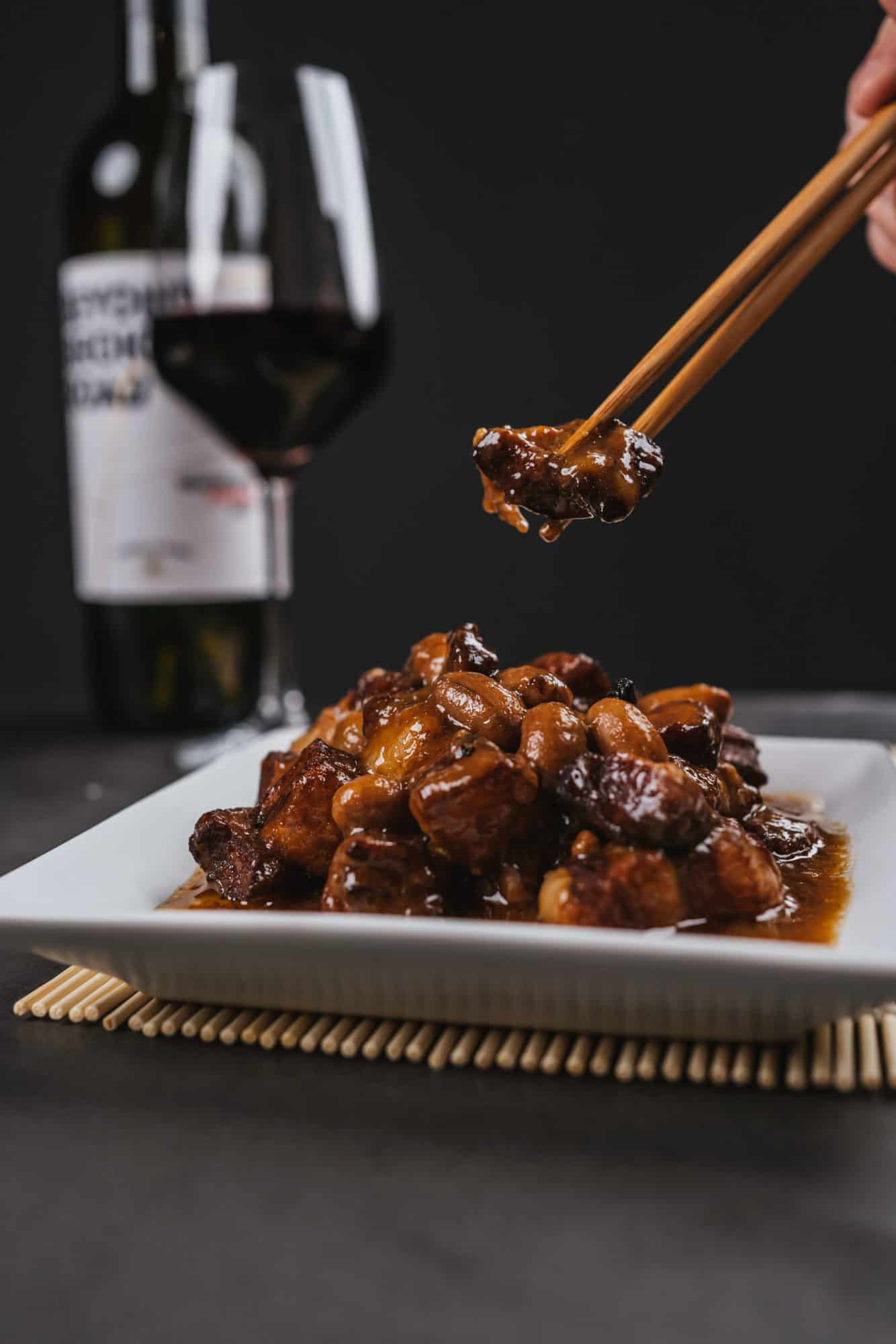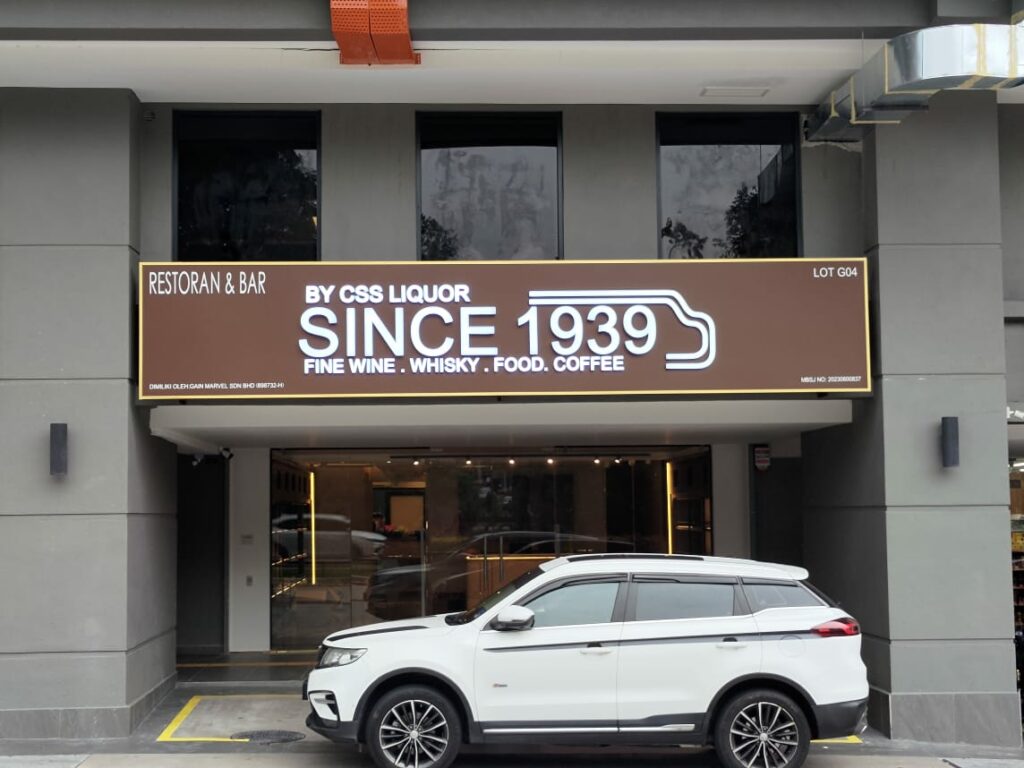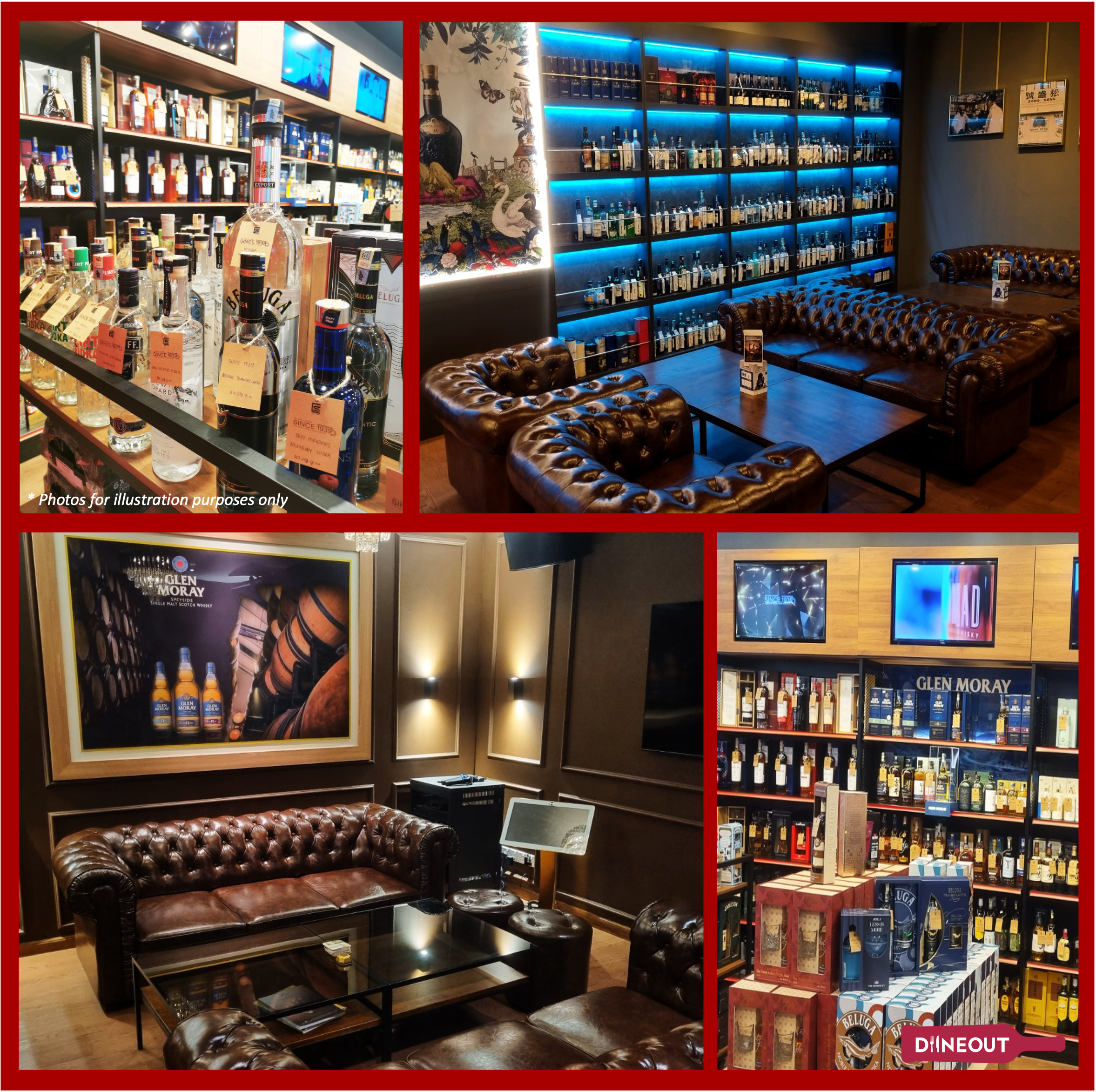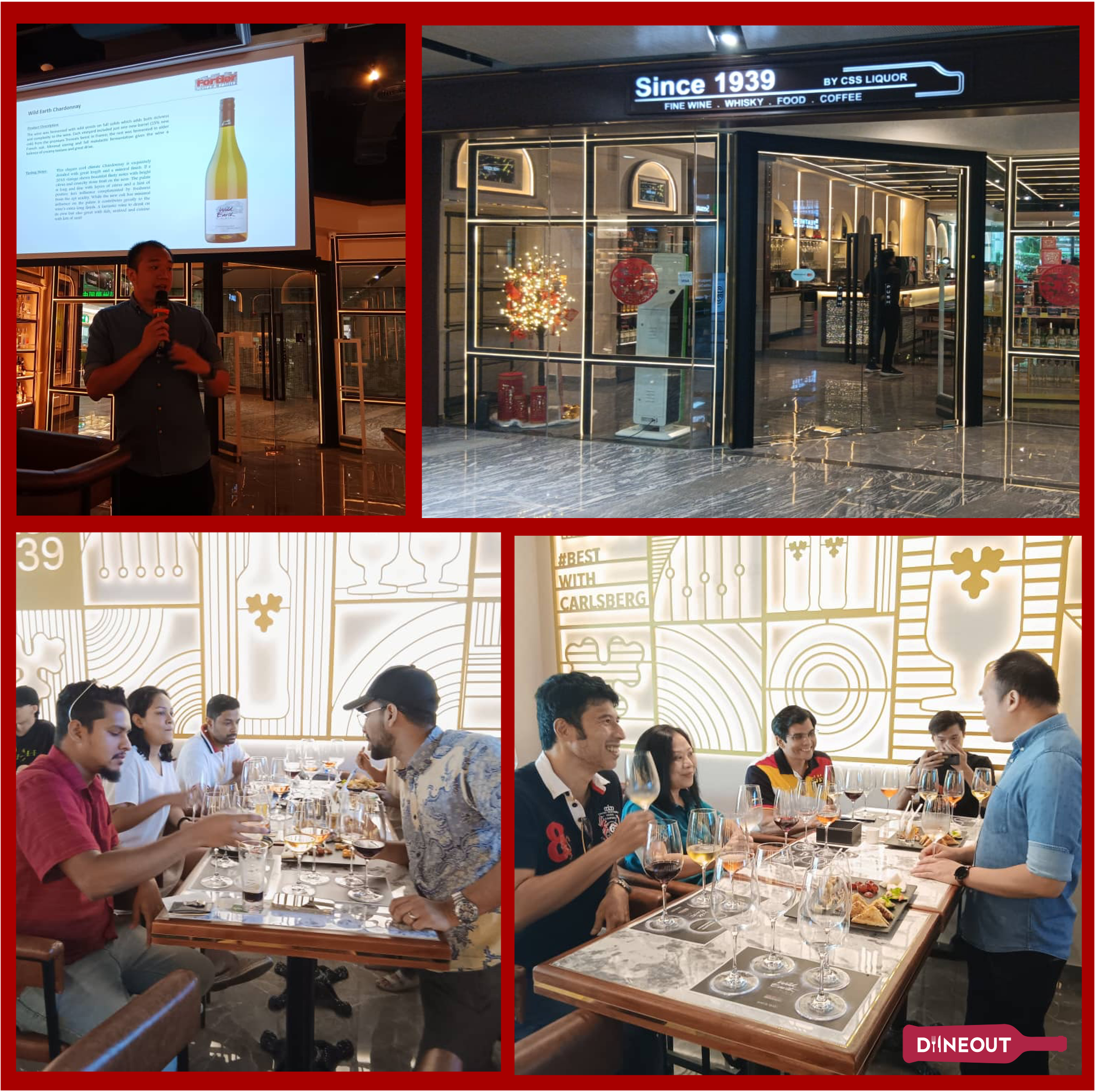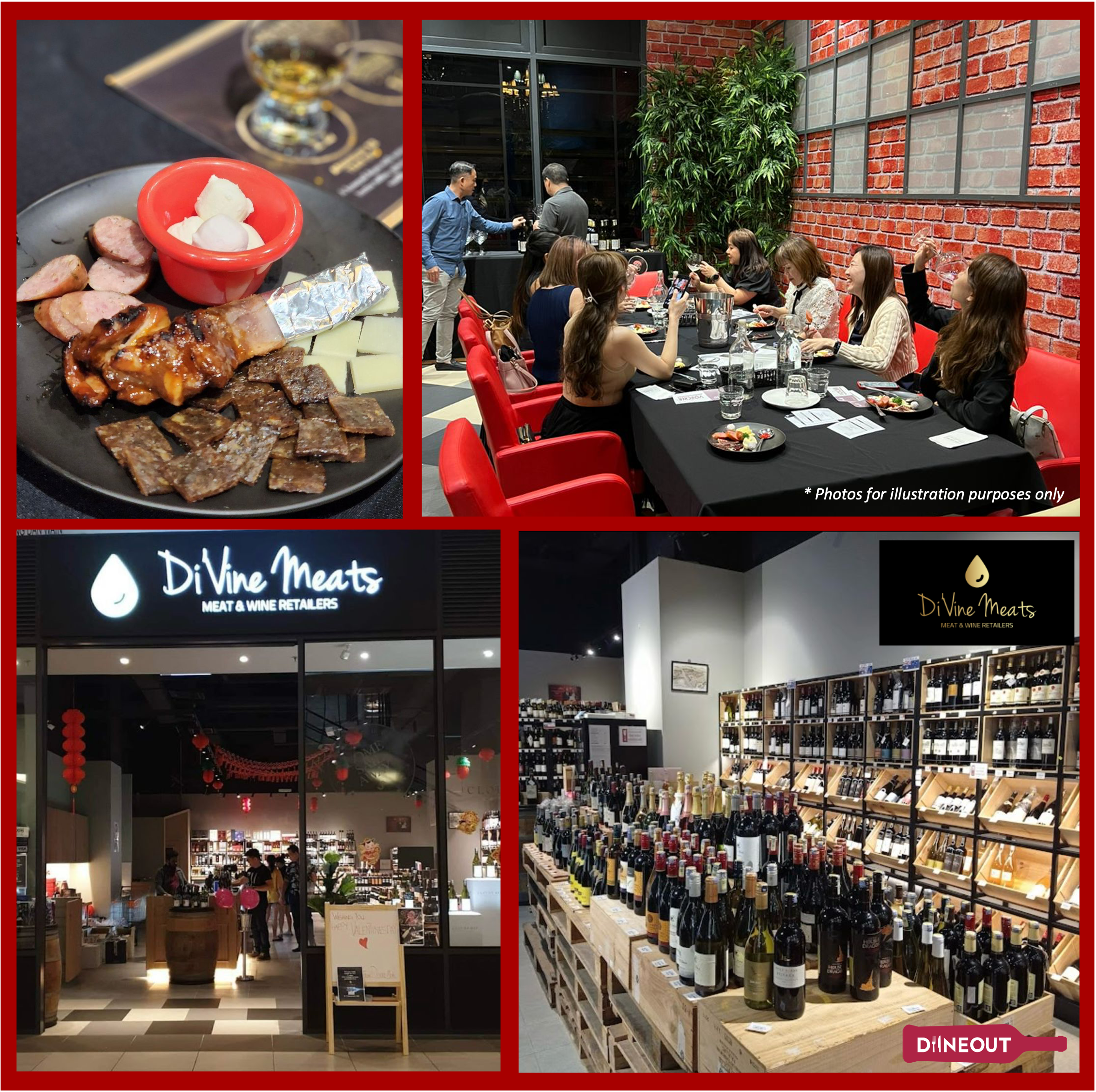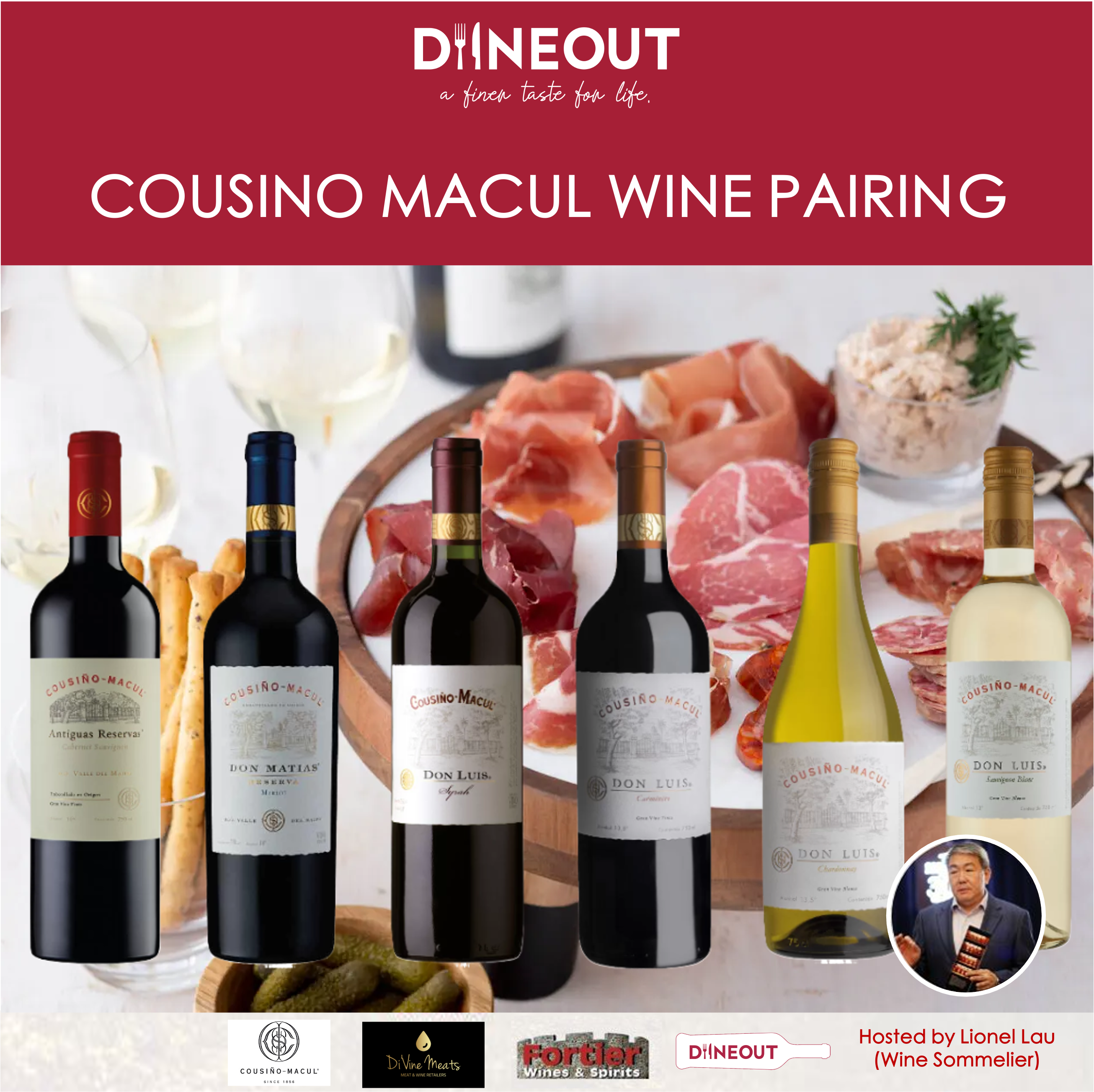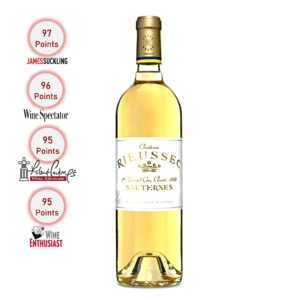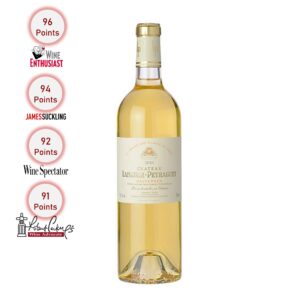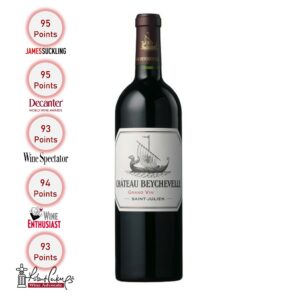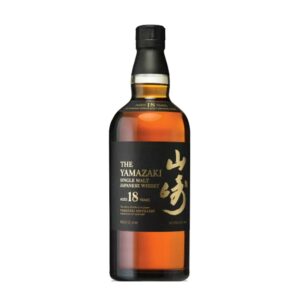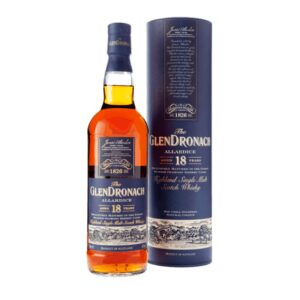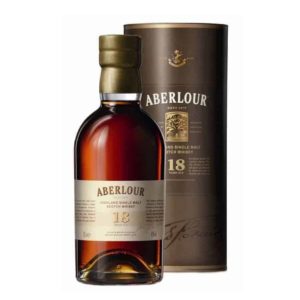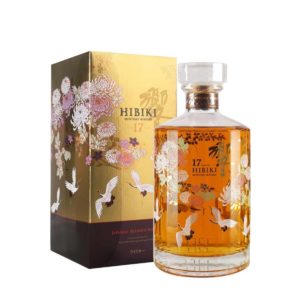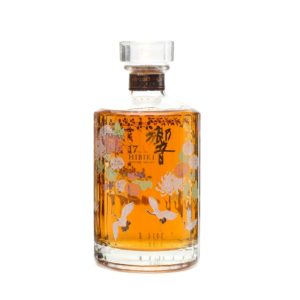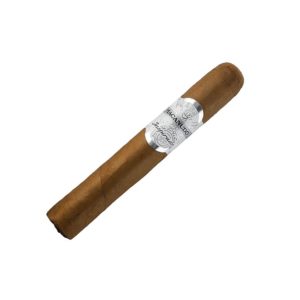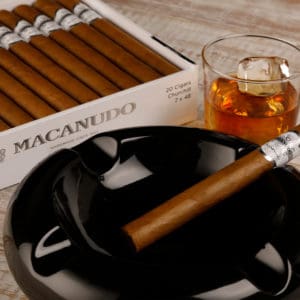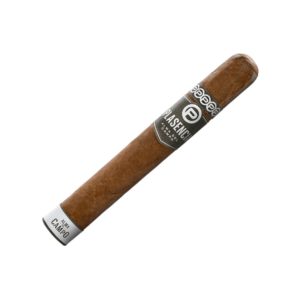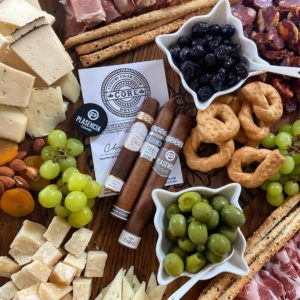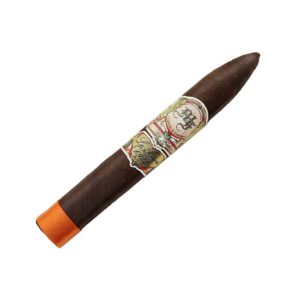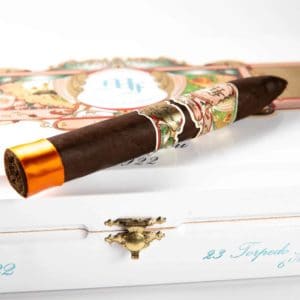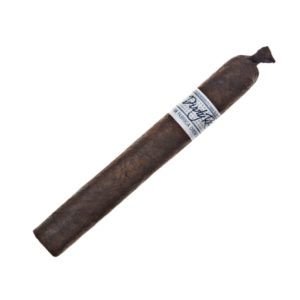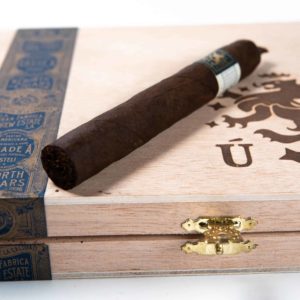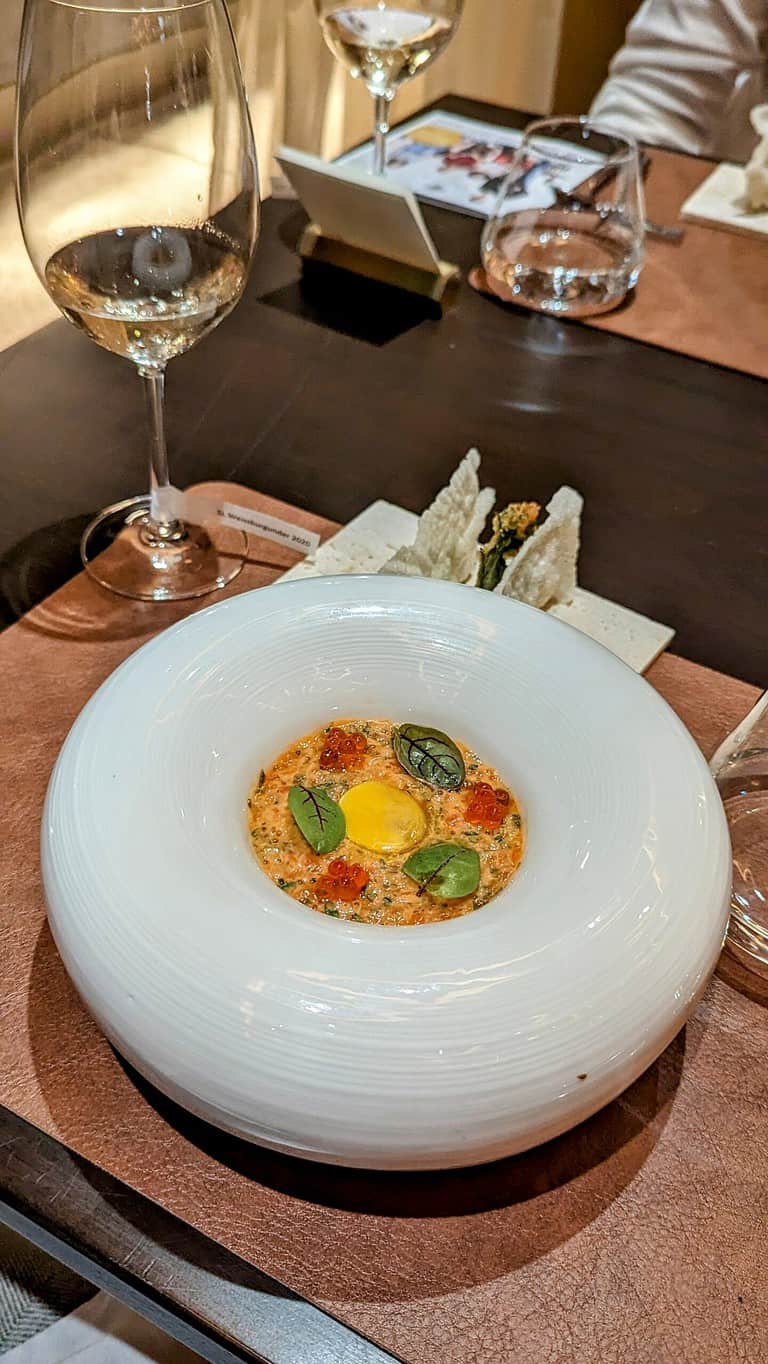
Aged & Ready Fine Wine Sale Savor the Finest!
From rare gems to 100-point award-winning bottles, browse our curated selection of exceptional wines and enjoy exclusive discounts on select bottles for a limited time, while stocks last.
DiineOut
Take some time to enjoy some of the finer tastes in life
Expert Curation
Our discerning experts curate only the finest products for your selection.
Rewarding Loyalty
Earn 1 point for every RM1 spent and redeem future deals and discounts.

Chinese New Year Order Deliveries and Self Pick-Up
Due to the peak CNY holiday season, please be advised that all orders placed after 4 Feb onwards will be shipped after 13 Feb. For Self Pick-Up, our last day for pick-up is 7 Feb. We will be closed from 8 Feb till 13 Feb, reopening on 14 Feb. For further enquiries, just WhatsApp our Hotline ☎️6018-2012821
DiineOut wishes you 龙年大吉 Gong Xi Fa Chai!

Experiences
Indulge in the finer things in life with our curated dining experiences.
-
-
-
Glen Moray CER Whisky Tasting at Since 1939 DC Mall
RM88.00 2 hoursSaturday, 6 April 2024
3pm – 5pm
-

Wines
Explore our extensive collection of handcrafted wines, carefully selected from the finest vineyards around the world.
-
Chateau Rieussec 2011
RM331.00Original price was: RM331.00.RM280.00Current price is: RM280.00. -
Chateau Lafaurie-Peyraguey 2010
RM285.00Original price was: RM285.00.RM250.00Current price is: RM250.00. -
Chateau Beychevelle 2010
RM726.00Original price was: RM726.00.RM600.00Current price is: RM600.00. -
MyWine Club Membership
RM600.00Original price was: RM600.00.RM480.00Current price is: RM480.00.

Whisky
Experience the complexity and depth of our rare and exquisite whiskies, carefully aged and selected for the most discerning palates.
-
Yamazaki 18 Year Old
RM7,150.00Original price was: RM7,150.00.RM4,999.00Current price is: RM4,999.00. -
Glendronach 18 Year Old Allardice
RM1,488.00Original price was: RM1,488.00.RM988.00Current price is: RM988.00. -
Aberlour 18 Year Old
RM1,025.00Original price was: RM1,025.00.RM799.00Current price is: RM799.00. -
[Limited Edition] Hibiki 17 Year Old Kacho Fugetsu ‘Crysanthemum and Crane’
RM17,800.00Original price was: RM17,800.00.RM9,999.00Current price is: RM9,999.00.

Fine Foods
Indulge in the finest gourmet delights from around the world, meticulously selected for their exceptional quality and taste.
No products were found matching your selection.

Smokes
Enjoy the luxurious flavors and aromas of our premium cigars, handcrafted by skilled artisans for exceptional quality and taste.
Starting A Collection
Discover the world of wine and spirits collections. Learn how to start your own and find hidden gems to add to your portfolio.
Coming Soon
Food For Thought
Expand your taste horizons with our expertly curated blog featuring insights and recommendations on wine, spirits, and gourmet food.
